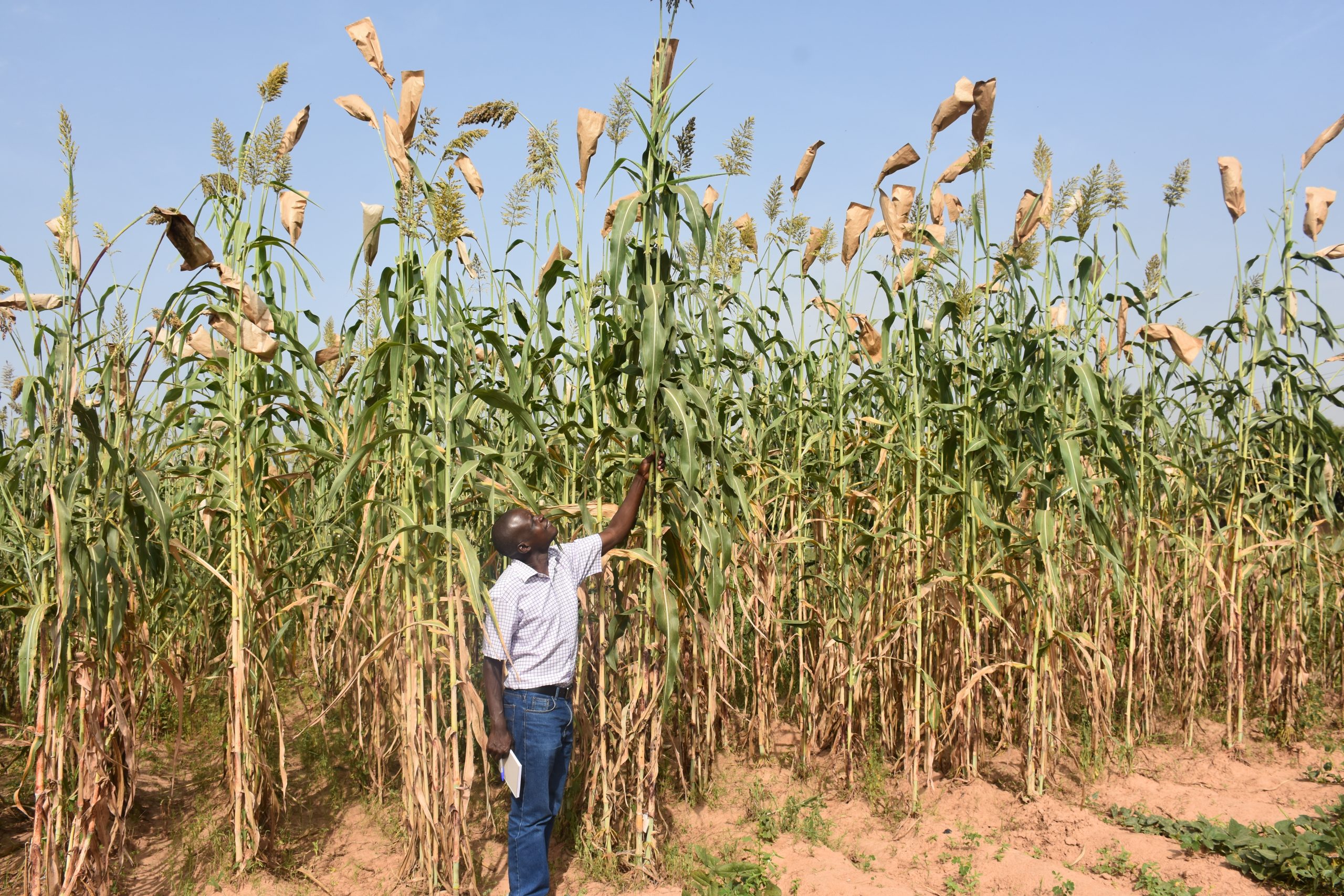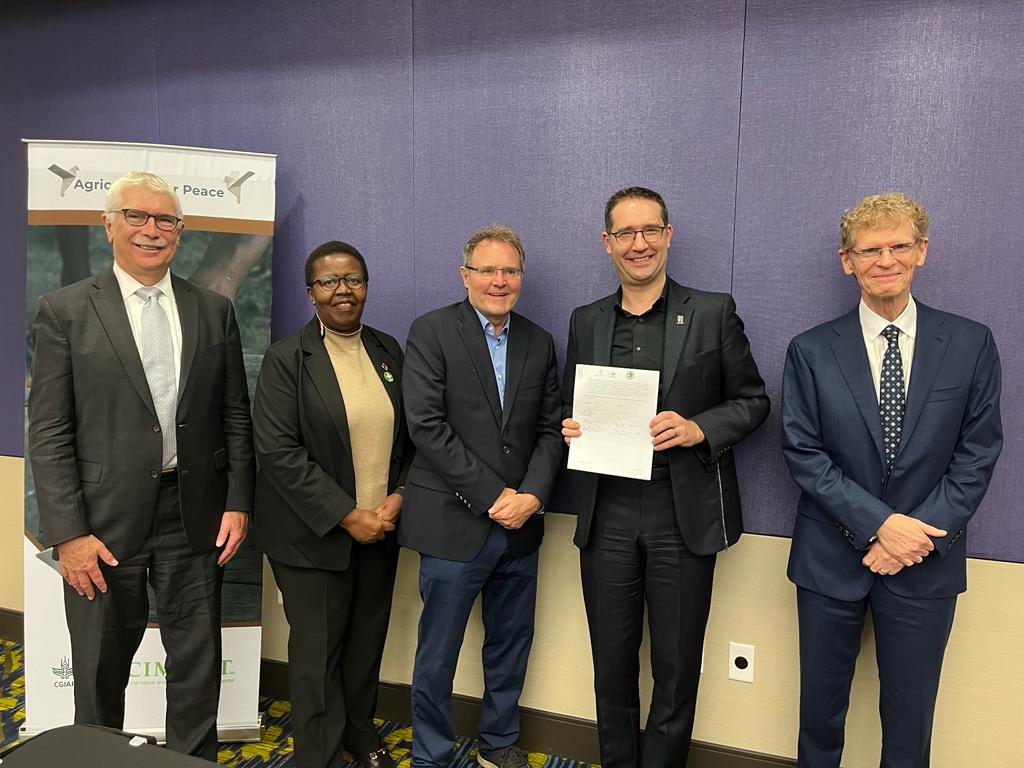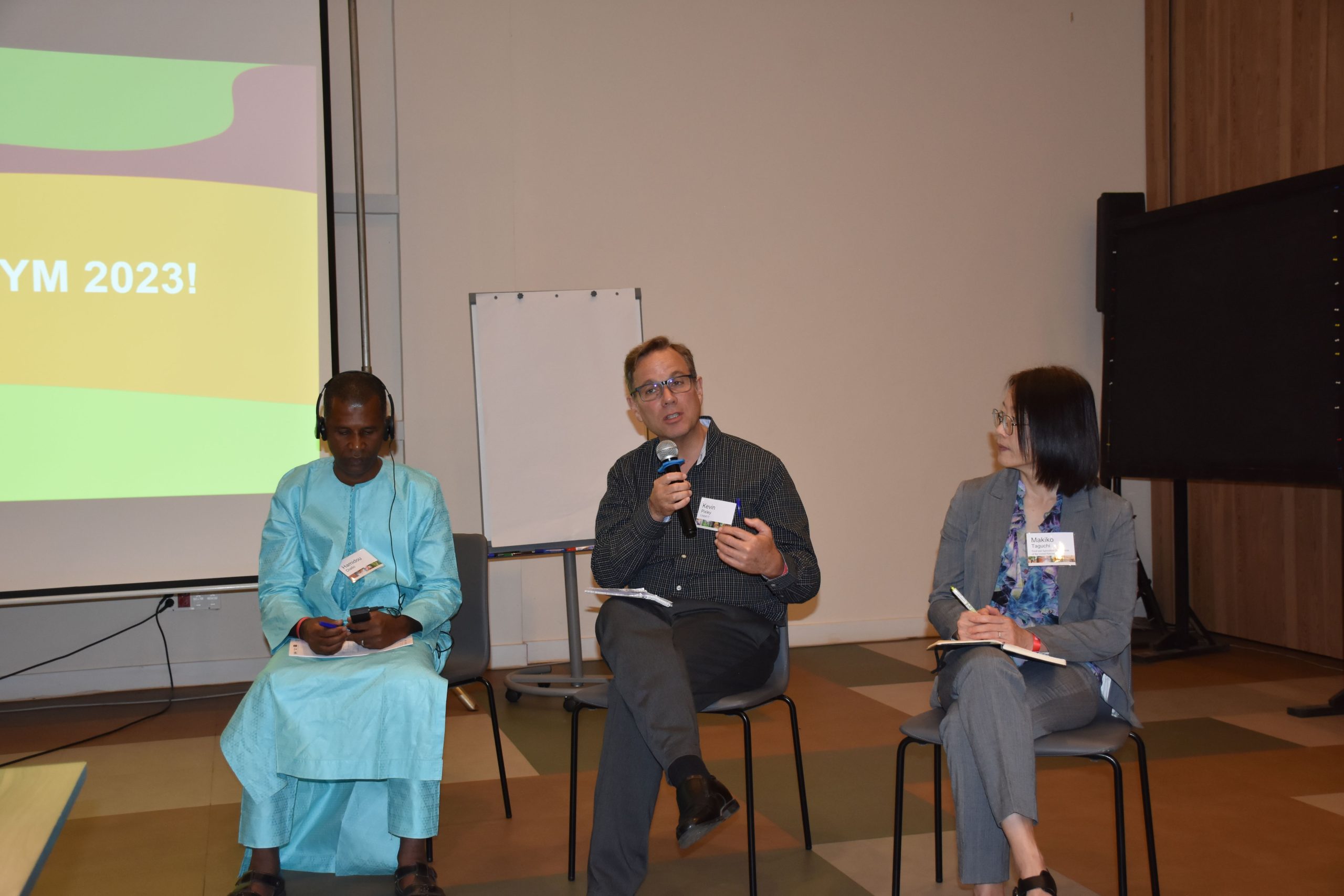With 96% of its population engaged in farming and crop production, residents of the province of Niassa in the northern part of Mozambique rely heavily on agriculture for both their own nutritional needs and household income.
Famers in Niassa face many challenges in achieving successful agricultural development, including a 60% yield gap between male head of household farms and female led farms and while improved crop varieties are available, their rate of adoption is uneven across the province.
Implemented by CIMMYT in partnership with key collaborators and supported by Irish Aid, the Transformative Dryland Crops Project aims to enhance food security and boost incomes for more than 14,000 farm families in Niassa.

Speaking at the launch meeting, Niassa’s Secretary of State, Lina Maria da Silva Portugal said, “This project focuses on leveraging technology and innovative approaches to bolster resilience and sustainability which will benefit all of Niassa.”
The Transformative Dryland Crops Project will focus on crops known for their drought tolerance, such as pigeon peas, groundnuts, common beans, and soybeans. By adopting a ‘hub-model’ approach, the project will enhance learning and technology dissemination, facilitating collaboration among farmers, farmer organizations, service providers, buyers, and processors. This collaborative effort will ensure the effective implementation of the project and maximize its impact on the ground.
“Through collaborative efforts with local stakeholders, we aim to narrow the gender yield gap, increase adoption rates of improved crop varieties, and enhance overall agricultural productivity, said Irish AID Ambassador, Adrian Fitzgerald.
Governor of Lichinga, Judite Massengele, Niassa’s capitol, said, “The launch of this project marks a significant milestone in the journey towards enhancing food security and improving livelihoods here in Niassa.”

Transformative changes
Besides increased agricultural productivity, enhanced food security, and income generation, the Transformative Dryland Crops Project promotes gender equity, increases resilience to climate shocks, implements sustainable resource management, builds capacity among farmers and extension agents and facilitates inclusive market systems.
“The Transformative Dryland Crops Project will impact many different parts of the agricultural system of Niassa,” said Moses Siambi, CIMMYT Africa regional director. “The key part of our implementation plan is the knowledge that all these systems and stakeholders are interconnected and any intervention in one of part of the system must account for its effects on the entire system in order to be sustainable.”

 Climate adaptation and mitigation
Climate adaptation and mitigation 
